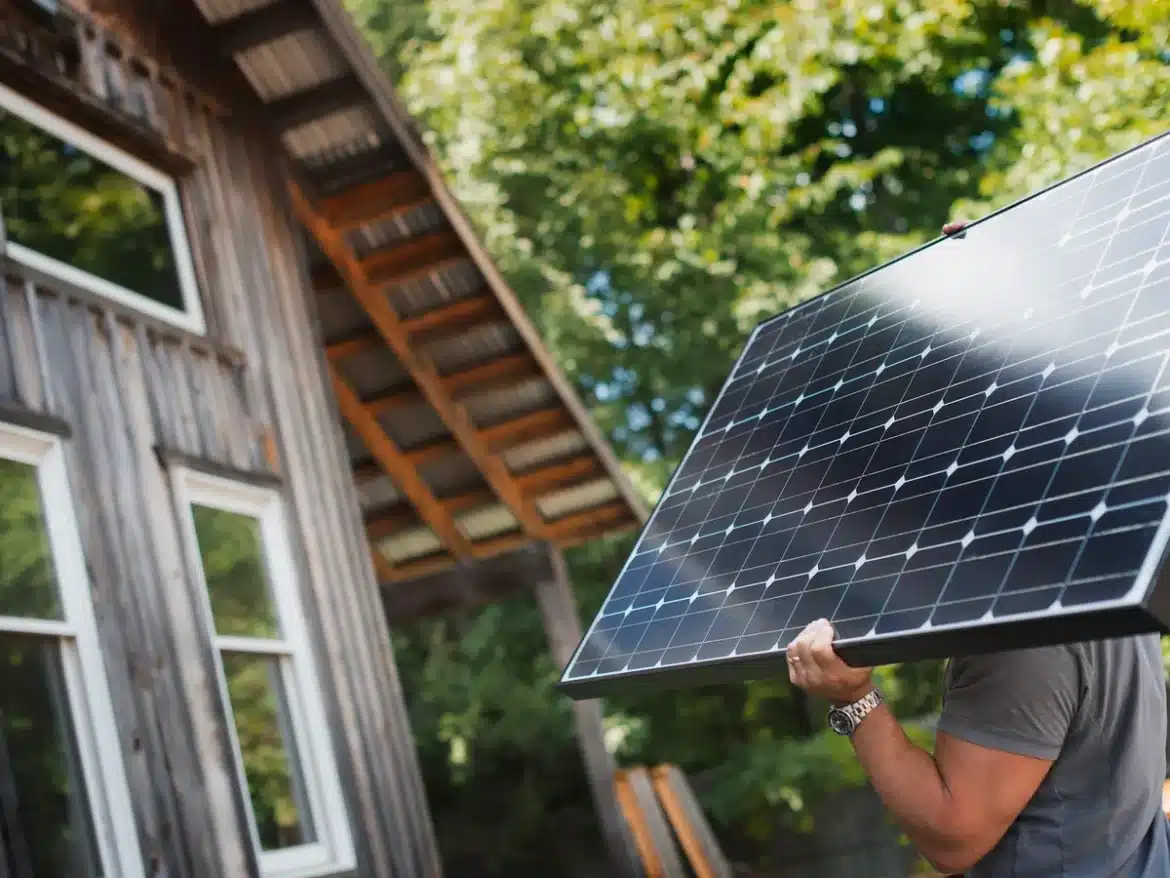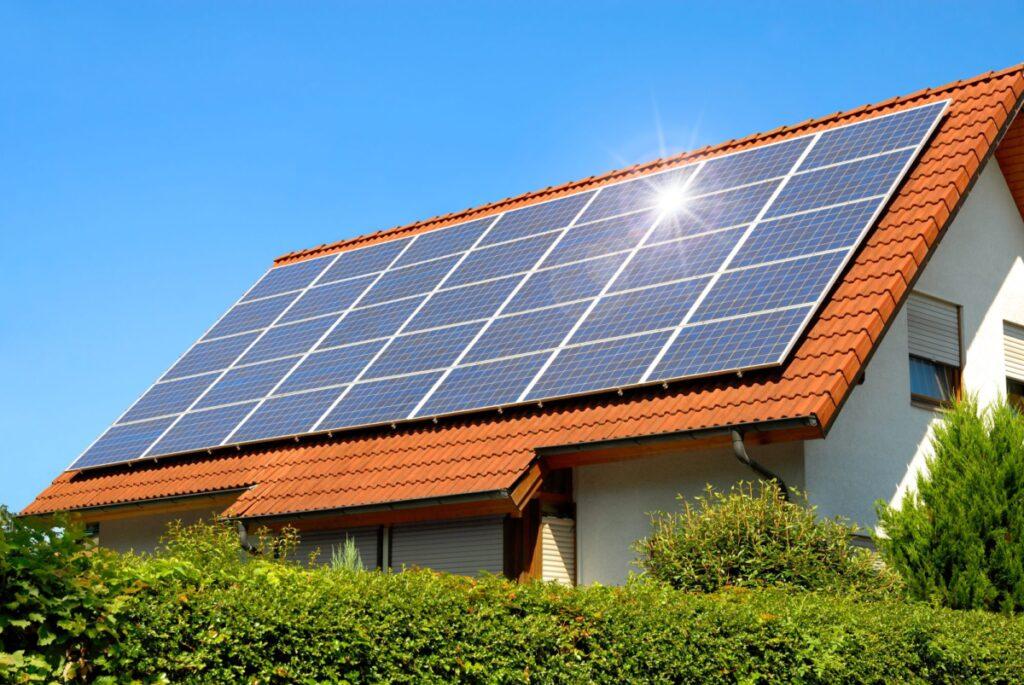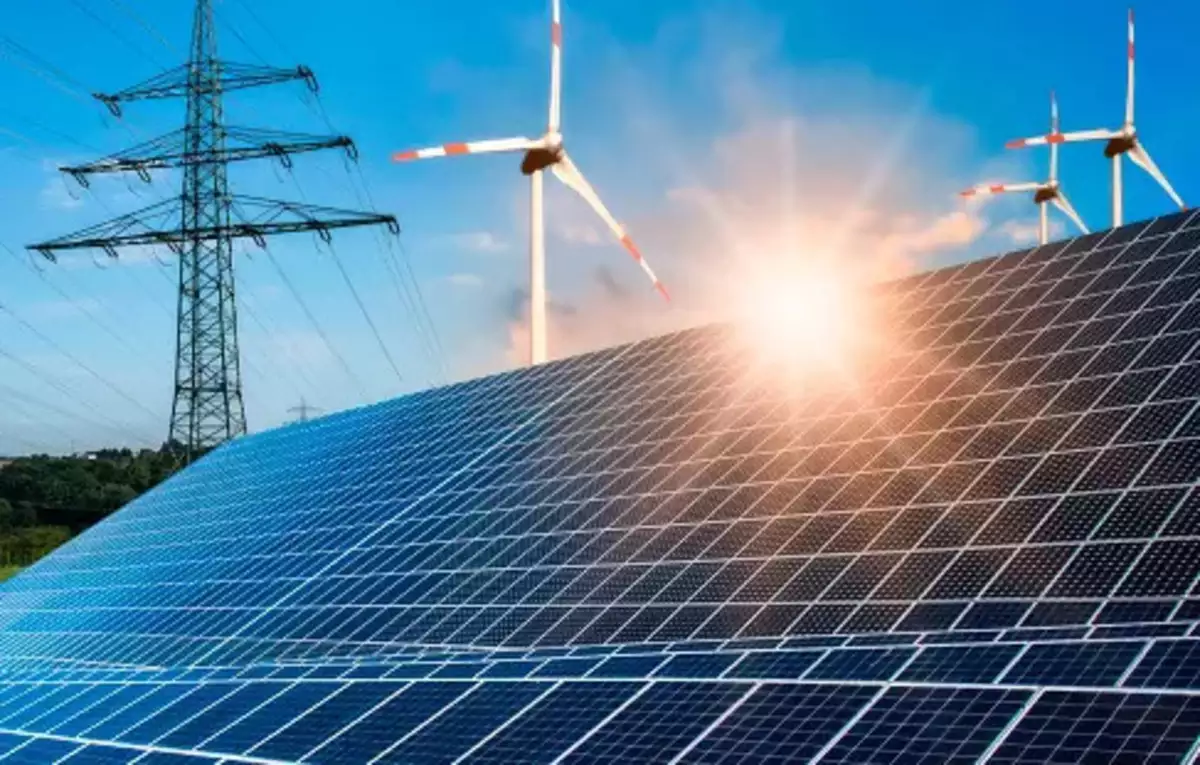In the quest for financial saving and environmental stewardship, families across the US are turning to innovative solutions that not only promise to cut down household expenses but also contribute to a healthier planet.
Amidst the growing options for energy sustainability and efficiency, one standout solution that is gaining traction is the adoption of Residential Power Purchase Agreements (PPAs). Such agreements are transforming the landscape of household energy management, offering benefits that extend well beyond simple cost savings.
Understanding Residential PPAs
At its core, a Residential PPA is a financial arrangement where a developer installs, owns, and maintains a renewable energy system on a homeowner’s property. In turn, the homeowner purchases the power generated by this system at a predetermined rate, which is often lower than the local utility’s rate.
The benefits of entering into a Residential PPA are manifold, starting with the immediate reduction in energy bills. A recent PPA report has underscored the significant savings households can accrue over the lifespan of such agreements, typically ranging from 10 to 25 years.
Financial Savings
The primary allure for many households is the direct impact of PPAs on their monthly energy expenses. By locking in energy rates for the duration of the agreement, families are hedged against the volatile prices of energy in the open market.
This predictability allows for better financial planning and substantial savings, especially when energy prices trend upwards. In essence, PPAs provide a financial buffer, ensuring that families no longer feel the brunt of unexpected hikes in their energy bills.
Low Upfront Costs
One of the major hurdles in adopting renewable energy technologies, such as solar panels, is the significant initial investment required. Residential PPAs, however, eliminate this barrier. Since the PPA provider owns the energy system, they are responsible for the installation and maintenance costs.
Families can thus enjoy the benefits of clean, renewable energy without having to worry about hefty upfront costs or ongoing maintenance expenses. This accessibility is crucial in democratizing the advantages of renewable energy, making it available to a broader range of households.
Environmental Impact
Beyond the financial aspects, Residential PPAs have a profound environmental benefit. By opting for clean energy sourced from solar, wind, or other renewable resources, households decrease their reliance on fossil fuels, thereby reducing their carbon footprint.
This shift not only contributes to global efforts against climate change but also promotes local air quality, making communities healthier places to live. The environmental stewardship exhibited through PPAs reflects a growing consciousness among families to contribute positively to the planet’s health, aligning financial savings with ecological sustainability.
Encouraging Energy Independence
Adopting a Residential PPA promotes energy independence on both a household and national level. By generating energy onsite, families are less impacted by the inefficiencies and vulnerabilities of the national grid.
This local production of energy can alleviate stress on the grid, especially during peak demand periods, and potentially reduce the likelihood of power outages. Furthermore, as more households embrace PPAs, national reliance on imported fuels could decrease, enhancing energy security and resilience.
Navigating Challenges
While the benefits are substantial, families interested in PPAs should be mindful of potential challenges. It is crucial to thoroughly understand the contract terms, such as the length of the agreement, rate escalation clauses, and provisions for transferring the agreement if the home is sold.
Selecting a reputable PPA provider is equally important, as this will ensure the system’s performance and reliability over time. By doing due diligence and seeking advice from energy advisors, families can navigate these challenges successfully and maximize the benefits of their Residential PPAs.
Conclusion
Residential Power Purchase Agreements offer a remarkable opportunity for families to take control of their energy bills while contributing to environmental sustainability. By providing financial savings, low upfront costs, and fostering energy independence, PPAs make renewable energy accessible and attractive for households across the nation.
As we move towards a more sustainable future, the role of Residential PPAs in empowering families to make a positive impact on both their finances and the planet cannot be overstated. The shift towards clean, renewable energy is not just an economic or environmental choice, but a legacy we build for future generations.




